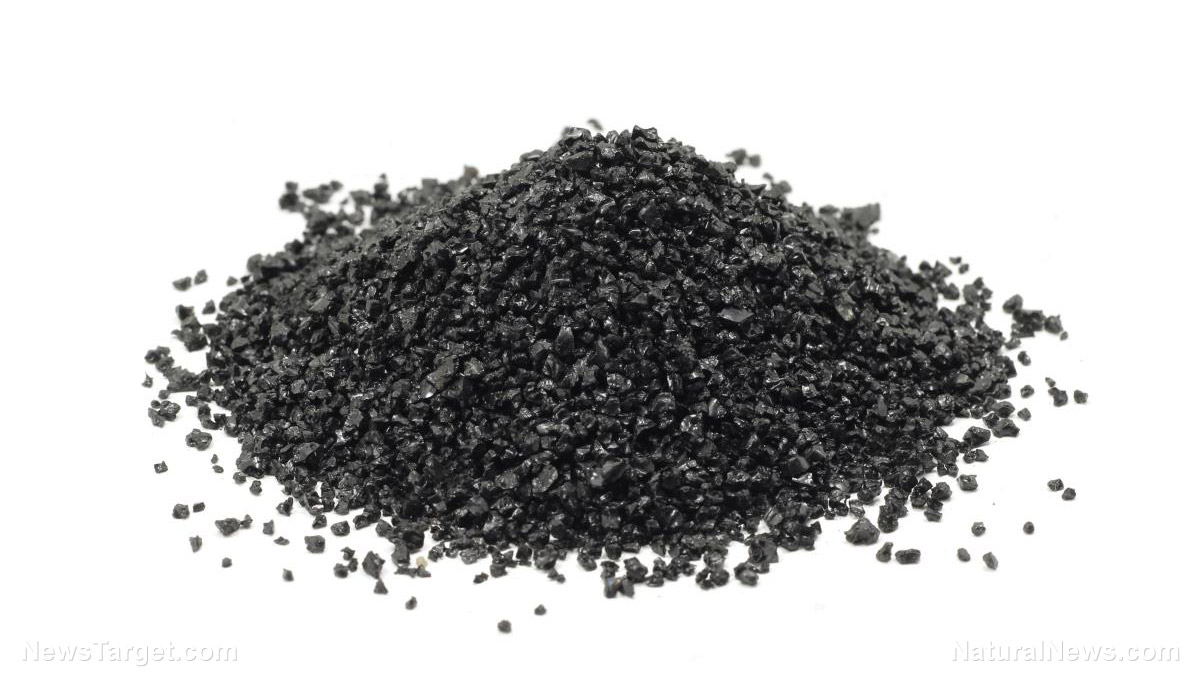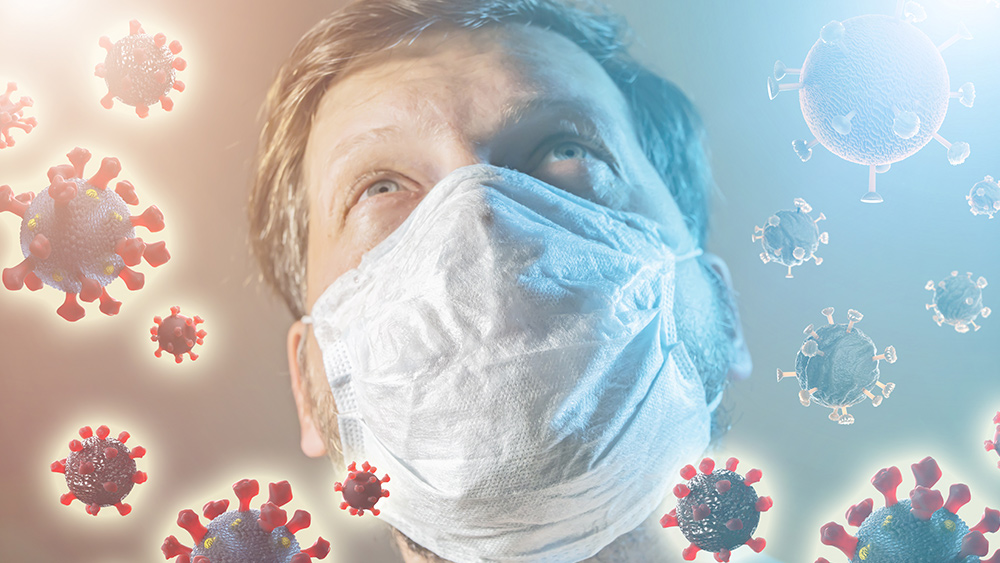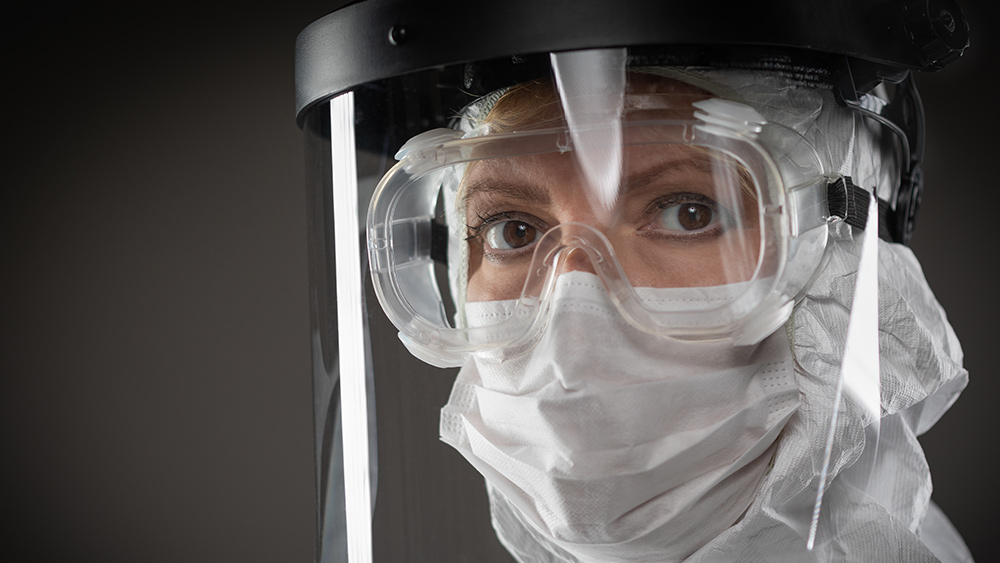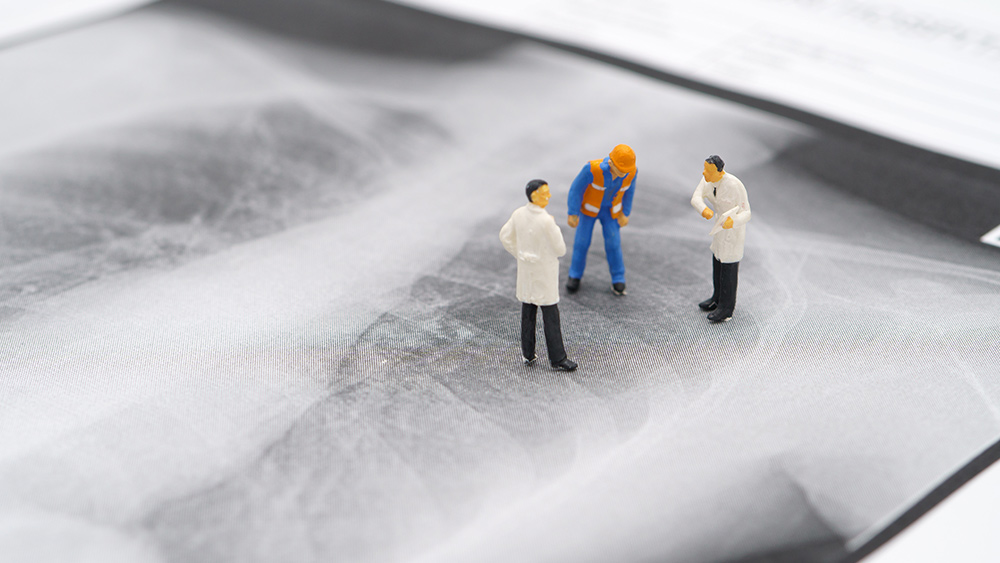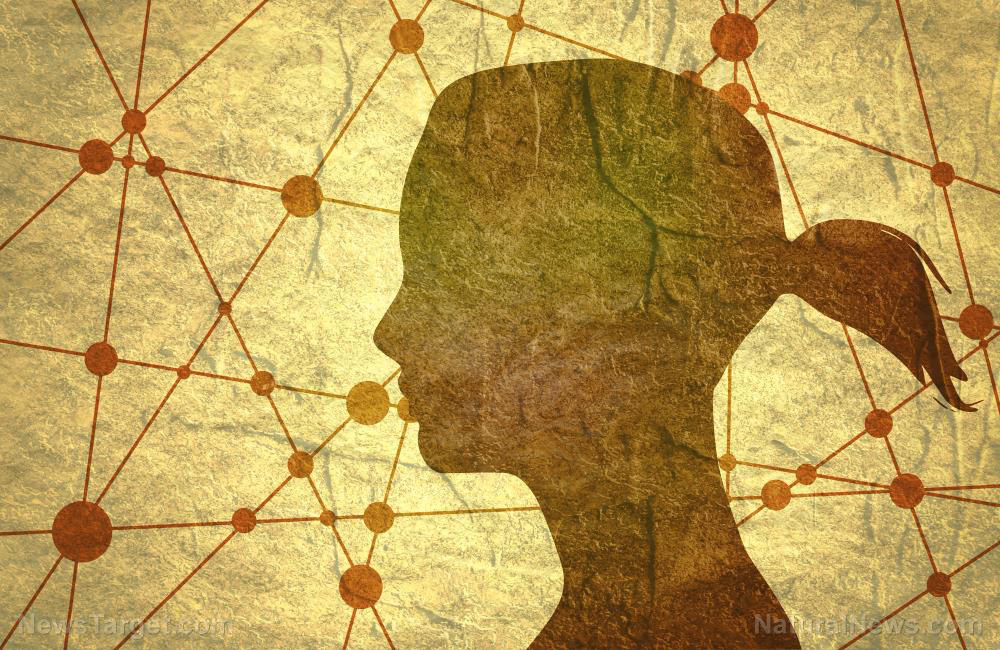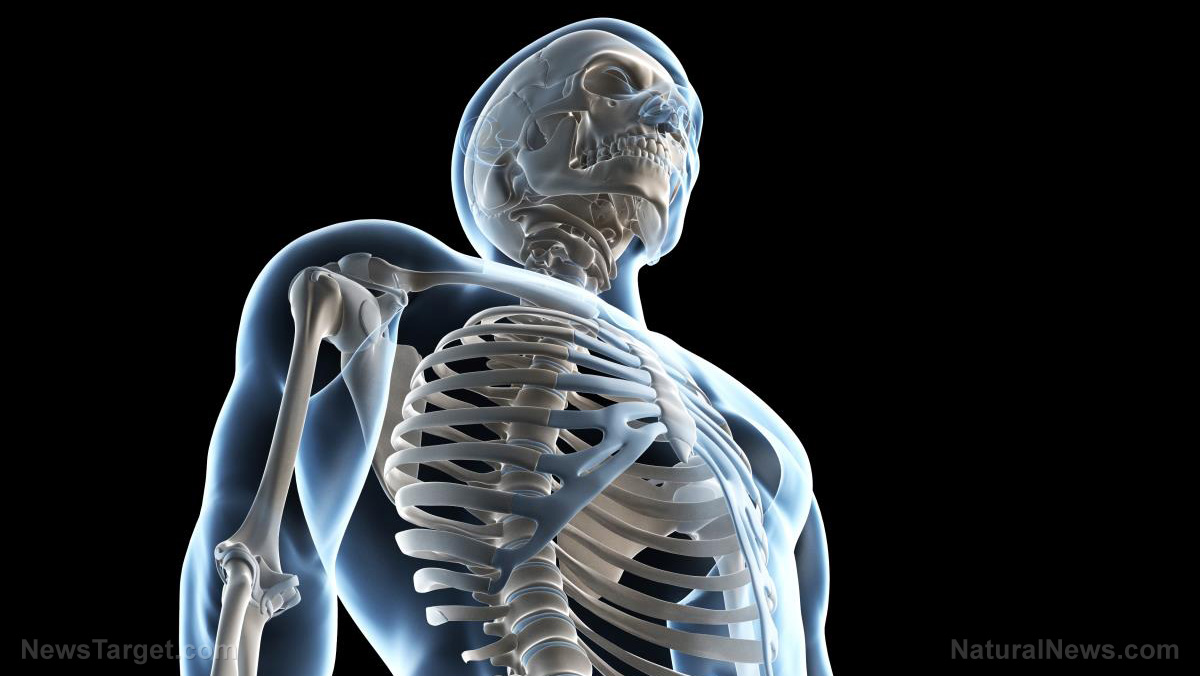Study finds that multivitamins DO work, help reduce illness
08/27/2020 / By Ethan Huff
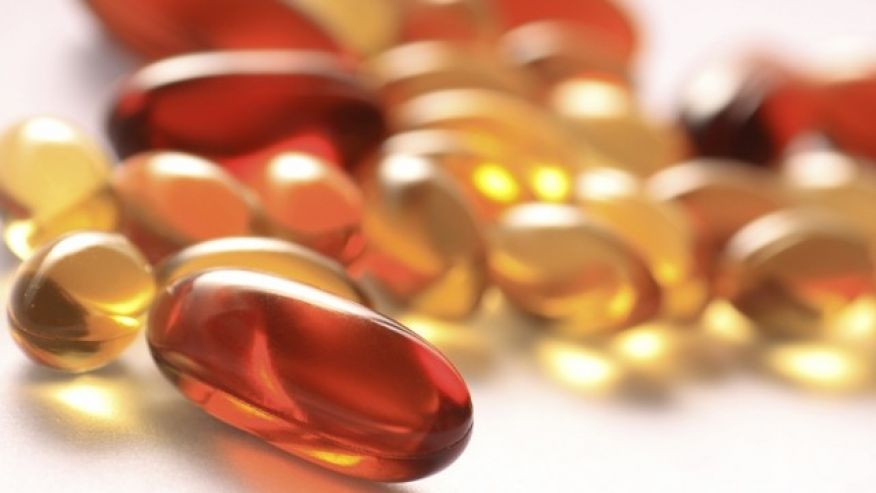
For years, mainstream health authorities and their media lapdogs have railed against vitamin supplementation, fear-mongering about how multivitamins in particular do not work, are “high-risk,” and could lead to “overdose.” But a new study completely debunks these myths, proving that multivitamins do, in fact, help support a healthy lifestyle.
Entitled, “The Effects of a Multivitamin and Mineral Supplement on Immune Function in Healthy Older Adults: A Double-Blind, Randomized, Controlled Trial,” the paper, published in the journal Nutrients, reveals that supplementing with a multivitamin and mineral supplement “could improve immune function in individuals 55 and older.”
As it turns out, many chronically ill people are also severely deficient in vital nutrients, which can be replenished with multivitamin and mineral supplementation. As many as 35 percent of all older adults in the United States, Canada, and Europe, the study found, are deficient in at least one, and oftentimes several, micronutrients.
“This is especially the case for vitamin C, zinc, and vitamin D,” the researchers explain. “These deficiencies may contribute to age-related decline of the immune system, which is most often characterized by increased levels of inflammation, reduced innate immune function and reduced T-cell function.”
For the study, men and women ranging in age between 55-75 were separated into two groups. One was given a multivitamin supplement daily for 12 weeks, while the placebo group was given inert tablets daily for two weeks. The multivitamin provided to the test group contained vitamins A, B6, B12, C, D, E and folate, along with the trace elements iron, copper, zinc and selenium.
Those taking this multivitamin experienced a plasma vitamin C increase of 126 percent, the paper found, as well as a 43 percent serum increase in zinc. Vitamin D levels, however, saw “no significant changes,” which could have been due to the type of vitamin D used, as well as the amount.
Overall, however, those taking the multivitamin experienced dramatic improvements in other areas, so much so that their immune function was deemed to have been greatly enhanced by the protocol.
“We present data showing an MVM (multivitamin) supplement that is high in several redox-active and immunomodulatory micronutrients, and increases blood levels of both vitamin C and zinc in study participants,” the researchers wrote in their discussion of the findings.
“In turn, these changes in nutrient levels were associated with a significant decline in reported illness in the MVM treatment group.”
For more related news about the benefits of vitamin and mineral supplementation, be sure to check out Nutrients.news.
Multivitamins with vitamin C, zinc could help protect against coronavirus
Of relevant concern were the benefits observed from the high-dose vitamin C and zinc content of the multivitamins, which led to a “statistically significant decrease in severity and length of reported illnesses” compared to those taking the placebo pills.
This finding piggy-backs on the findings of earlier studies showing that vitamin C and zinc can help to improve short-term treatment outcomes for various illnesses. This may also apply to illnesses associated with the Wuhan coronavirus (COVID-19), which could be minimized or even avoided entirely through proper supplementation.
Just be weary of multivitamins that contain “fake” vitamins and other nasty additives, which can render their formulas useless or even harmful. A high-quality multivitamin will contain whole food-based ingredients in therapeutic doses, with no artificial sweeteners or other toxins.
“We observed significant increases in both zinc and vitamin C in the MVM arm and it was associated with a significant decrease in duration and severity of illness (about 3-fold for duration and about 3-6 fold for severity) compared with the placebo arm,” the authors of this latest paper wrote.
“Although this was not one of our primary outcomes, we note it as an intriguing observation that is indicative of clinical relevance.”
Sources for this article include:
Tagged Under: health improvement, illness symptoms, multivitamins, natural remedies, prevention, research, Study, supplementation



